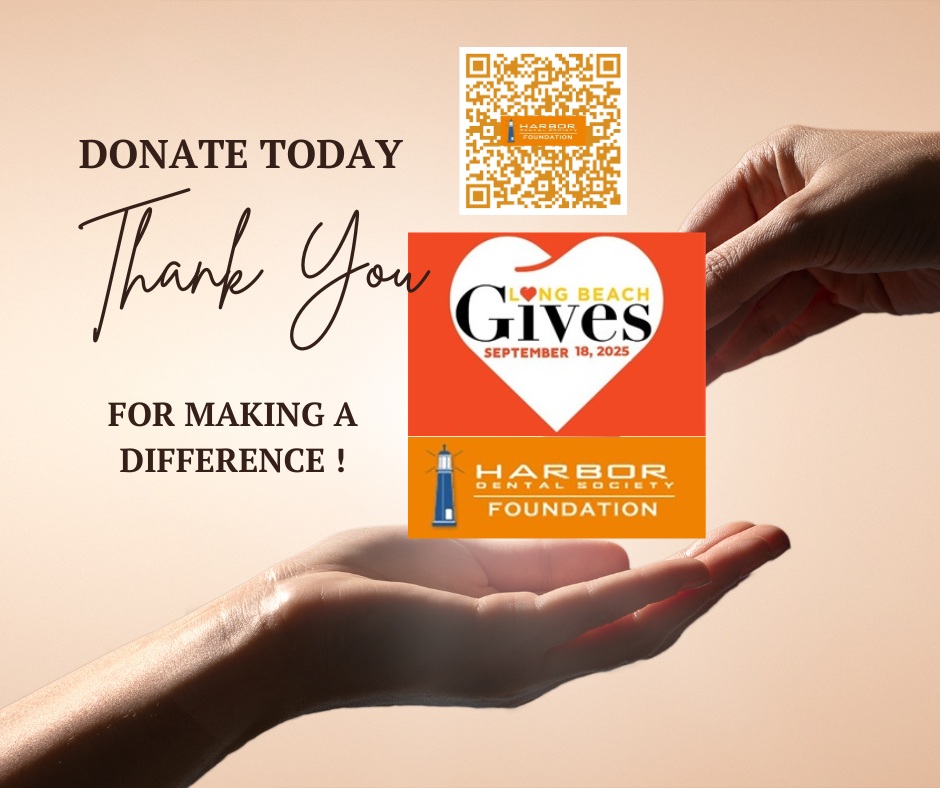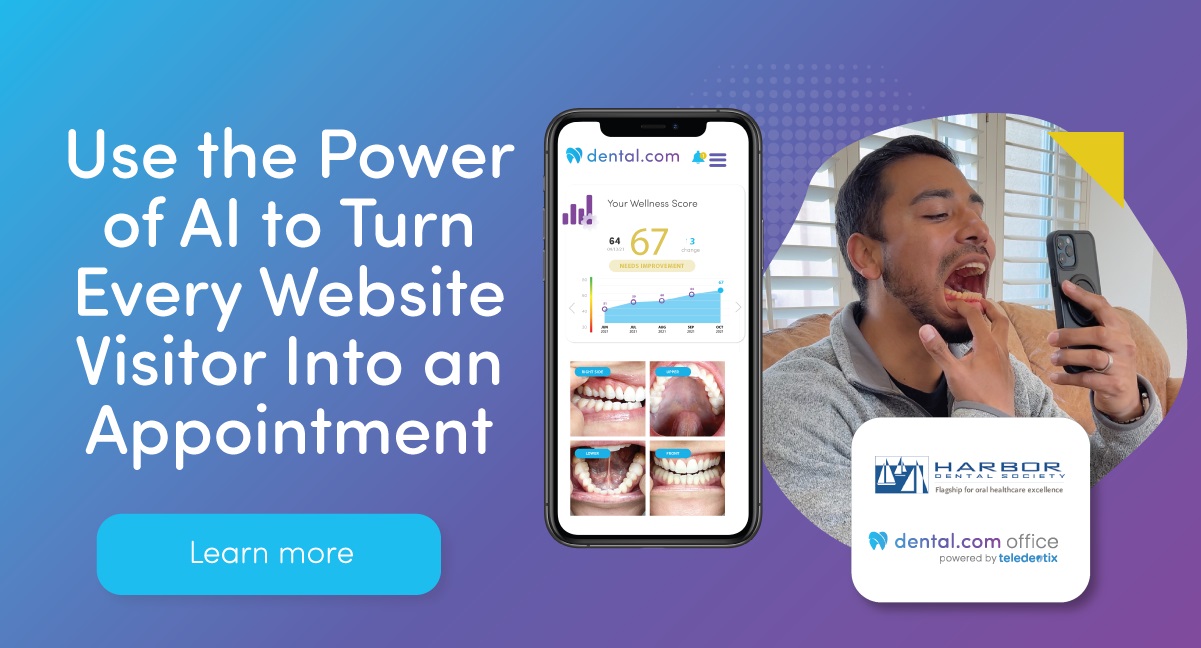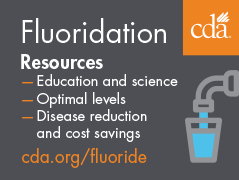Monday, Aug 11, 2025
Chatbots vs. Dental AI Receptionists: What's Best for Your Practice?
If you're a dentist or dental office manager, chances are you've heard a lot about AI recently. You might be wondering, "Do I need this in my practice?" or "Is this just another confusing tech thing?"
Let's clear up the confusion, especially when it comes to chatbots and something newer called Dental AI Receptionists. We'll walk you through what they are, how they're different, and which one makes more sense for your dental practice in plain, simple terms.
First Things First: What's a Chatbot?
A chatbot is a little tool you've probably seen on websites before. It's usually a box that pops up in the corner with a message like, "Hi! Can I help you?"
It looks like a text message conversation, but you're not interacting with a person; you're conversing with a pre-programmed robot. Here's how it works:
-
You type a question like "What are your hours?"
-
The chatbot answers using a script it's been programmed with.
-
You can also click preset buttons, such as "Book Appointment" or "Contact Us."
INSERT SCREENSHOT chatbotscreenshot(1).png:
https://drive.google.com/file/d/1sd7zQTwzhZm3FQIWOtB7bzCJBm8xIuVK/view?usp=drive_link
It's quick and automated, but also very limited.
How Do Chatbots Work—and Where Do They Struggle?
Chatbots are basic computer tools designed to recognize certain words or phrases and respond with pre-written answers. For example, if someone types "I need help," the chatbot may spot the word "help" and reply with something like, "Sure! What can I assist you with?"
Think of it like following a script. The chatbot doesn't understand the conversation; it simply looks for familiar cues and responds with the programmed response.
This setup is very similar to those automated phone menus where you press 1 for hours, 2 for appointments, and so on. It works, but only if the person on the other end says things in the way the system expects.
And that's where things often go wrong. Watch this video to see a chatbot in action and pay close attention to how slow and robotic the responses can be.
INSERT VIDEO FILE:
https://youtube.com/shorts/aH9ysS0wt1s?feature=share
Why Chatbots Fall Short in Dental Offices
The biggest issue with traditional chatbots is that they're very rigid. If a patient asks a question in a slightly different way, using a typo, slang, or informal language, the chatbot may get confused and fail to respond correctly.
Let's look at an example:
-
"Can I book an appointment?" → ? The chatbot understands and responds.
-
"Can I bok an appt?" → ? The chatbot doesn't recognize the misspelling and may freeze or reply incorrectly.
It's also important to note that chatbots don't understand modern texting shortcuts, such as "FYI" or "IDK." If the chatbot hasn't been specifically programmed with every possible version of a question, including abbreviations and slang, it won't know how to respond.
So, if a patient asks something like, "How much is a root canal with Delta Dental?" the chatbot may not know what to do, especially if it wasn't set up to answer insurance-related questions. What you get in return is often a vague or unhelpful message. This can frustrate patients and create more work for your staff when they have to jump in and sort things out manually.
Now, Let's Talk About Dental AI Receptionists
A Dental AI Receptionist is a much smarter, more capable version of a chatbot. Think of it as your virtual front desk assistant who never sleeps, understands natural language, and doesn't need to be trained on every single word.
It uses something called Artificial Intelligence, which allows it to think, learn, and respond like a real human.
Here's what sets it apart:
-
It understands full sentences, even if they're phrased in a strange way.
-
It can ask clarifying questions if it needs more information.
-
It doesn't rely on a script, and it's more flexible and conversational.
-
It can book appointments, answer questions about treatments, and even send reminders.
-
It gets smarter over time by learning from real patient conversations.
A Real Example: Booking an Appointment
Let's compare how each one handles a simple task.
Chatbot Example:
Patient: "Can I schedule a cleaning next Thursday at 2?"
Chatbot: "Please choose an option: [Book Appointment] [Learn More]"
Now you're stuck clicking around, hoping the right option shows up.
Dental AI Agent Example:
Patient: "Can I schedule a cleaning next Thursday at 2?"
AI Agent: "Sure! We have a 2 PM slot available. Would you like me to book it?"
See the difference? The AI Agent gets it. It understands what the patient is asking and when, and can respond accordingly.
Curious how it works? Watch a Dental AI Receptionist called Annie AI in a real chat.
INSERT VIDEO FILE:
https://youtube.com/shorts/8ZTpNFBSPi4?feature=share
Why Dental AI Receptionists Work Better for Your Practice
1. They Save Your Team Time
Dental AI Receptionists don't just answer questions; they do things:
-
Schedule appointments
-
Check availability
-
Send reminders
-
Give care instructions
All without needing a human to step in unless absolutely necessary.
2. They Work After Hours
Missed calls = missed revenue. A Dental AI Agent works nights, weekends, and holidays. If a patient has a question at 10 PM, the AI Agent is there to help instantly; no voicemail, no lost opportunity.
3. They Handle Phone Calls Too
Some AI Agents (like Annie AI) don't just handle web chats; they also answer your phone lines. That means when someone calls and your team is busy, Annie can step in and hold the conversation like a real front desk person would.
4. They Speak Multiple Languages
Many AI Agents can respond in Spanish and other languages. This is a big win for patients who may not be fluent in English and feel more comfortable asking questions in their native tongue.
Setting Up an AI Agent Is Easier Than You Think
Worried about setup? Don't be. Here's what happens:
-
Initial Setup – The AI is trained on your practice's details, including services, hours, insurance, and other relevant information.
-
System Integration – It connects with your practice software, allowing you to schedule appointments and access real-time information.
-
Testing Phase – It's tested to make sure it understands what patients are asking.
-
Goes Live – Once it's ready, it goes on your website and/or phone system.
-
It Keeps Improving – The more it interacts, the smarter and more helpful it becomes.
Patients Actually Prefer It
Millennials and Generation Z, who now comprise nearly half of the global population, have grown up in an era defined by instant messaging and online communication. This younger generations expect instant responses. Most prefer chat over phone calls, especially during work or school hours. Studies show that 62% of patients want chat as an option, but only 18% of practices offer it.
INSERT WEBINAR SLIDE (Mil & GenZ) https://drive.google.com/file/d/1uj-C95psxbd7lTHdvoVxwHmoXnPjQe3N/view?usp=drive_link
If your practice isn't offering webchat (or your chatbot can't handle complex questions), you might be losing patients without even realizing it.
Why AI Is the Future (and Present) of Dentistry
AI Agents don't just respond; they solve. They make it easier for patients to connect with your office, get answers fast, and feel taken care of—all without overloading your staff.
They also protect your marketing investment. If you're spending money on SEO, ads, or social media to bring people to your site, and no one answers their questions or calls them back, that investment is wasted.
In Summary: Key Differences
INSERT SCREENSHOT keydifferences
https://drive.google.com/file/d/1guMAJjnLNsjZIjuHc_vBWVradk3pxCYh/view?usp=drive_link
Why Stop at Webchat? Add a Dental AI Receptionist to Your Phone System
Webchat is a great way to connect with younger, tech-savvy patients, but it doesn't capture everyone. Missed phone calls remain one of the primary sources of lost revenue in dental practices. 32% of calls go unanswered, and most of those callers won't leave a message or call back.
Missed calls = missed patients.
INSERT WEBINAR SLIDE - missed calls missed rev: https://drive.google.com/file/d/1-iG-HNxes6Kdgd6xZbukxzImI6k28C-Z/view?usp=drive_link
That's where the Dental AI Receptionist, like Annie AI, steps in. By integrating with your phone system, it can answer calls after hours, on weekends, or even when your team is busy. Whether a patient wants to schedule an appointment, ask a question, or report a dental emergency, the AI is available 24/7.
This isn't just about convenience, it's about converting every inquiry into an opportunity. And if you're already investing in marketing to bring people to your practice, make sure someone's always there to answer when they call.
Want to hear Annie in action? Listen to a recent patient call or try it yourself. Click here to learn more and schedule your free demo.
Final Thoughts
You don't have to understand all the technical details of AI to use it in your practice. Just think of a chatbot as a simple answering machine, and an AI Agent as your intelligent, always-on, digital assistant.
If your goal is to reduce no-shows, save time for your team, and offer a better experience to your patients, consider adding an AI Agent to your practice.
FAQs
Will the Dental AI Receptionist replace my front desk staff?
No, not at all. The Dental AI Receptionist is designed to support your team, not replace it. It handles repetitive, time-consuming tasks such as answering common questions, booking appointments, and managing after-hours messages. This frees up your front desk staff so they can focus on providing excellent service to the patients right in front of them. Think of it as giving your team an extra set of hands, not taking their place.
Is the AI secure and HIPAA compliant?
Yes, absolutely. Security and patient privacy are top priorities. The Dental AI Receptionist is built with HIPAA compliance in mind. That means it follows strict guidelines to protect patient data, just like any member of your dental team would. All interactions are encrypted and handled with care to ensure your practice stays compliant and your patients stay protected.
What if I'm not tech-savvy? How hard is it to manage?
It's easier than you think. You don't need to be a tech expert to use a Dental AI Receptionist. The setup is done for you, and once it's live, it runs automatically. You'll have a support team available if you ever need to update information or make adjustments. Most dentists find they don't need to touch it once it's up and running; it just works in the background, like a silent, reliable assistant.







